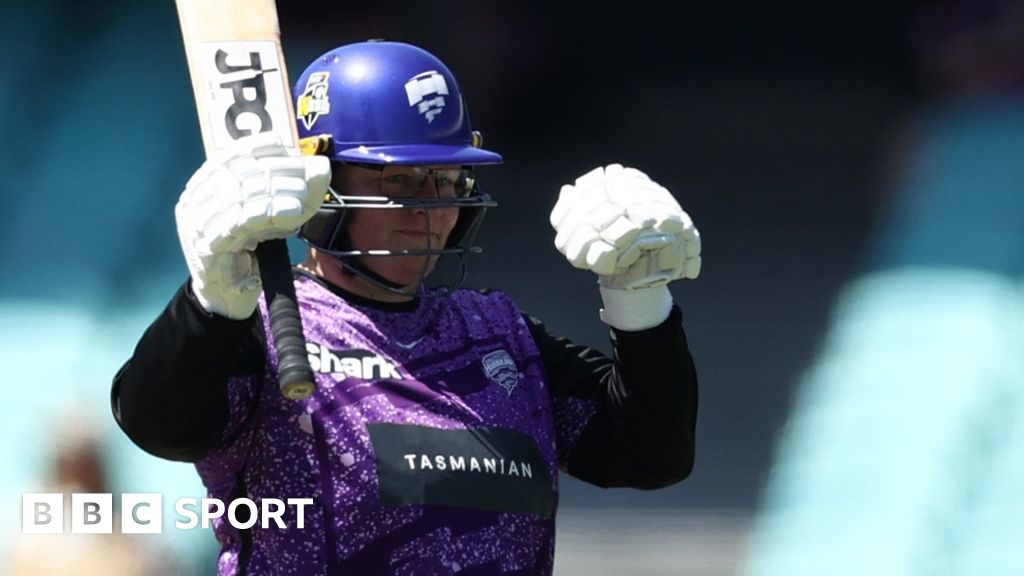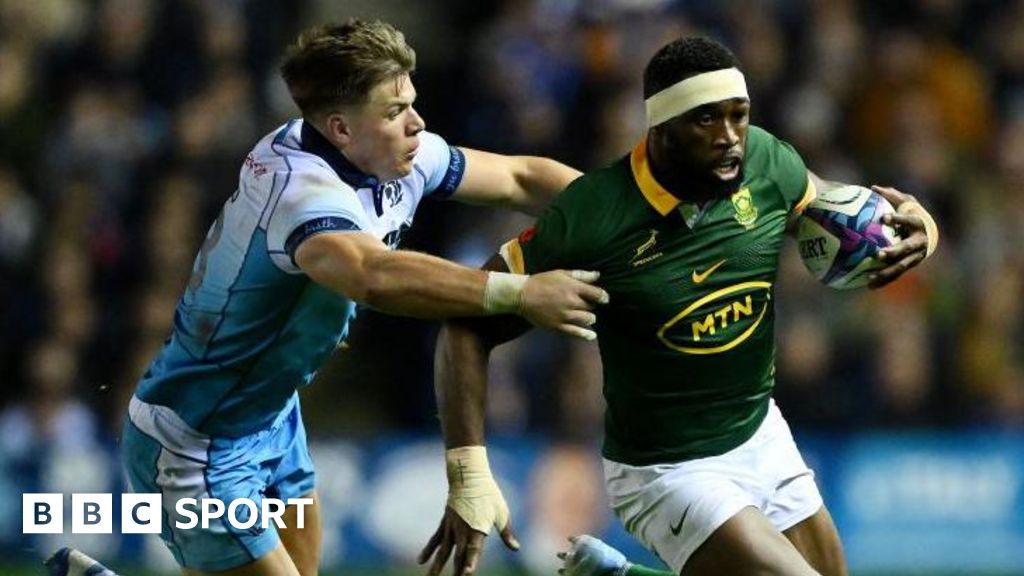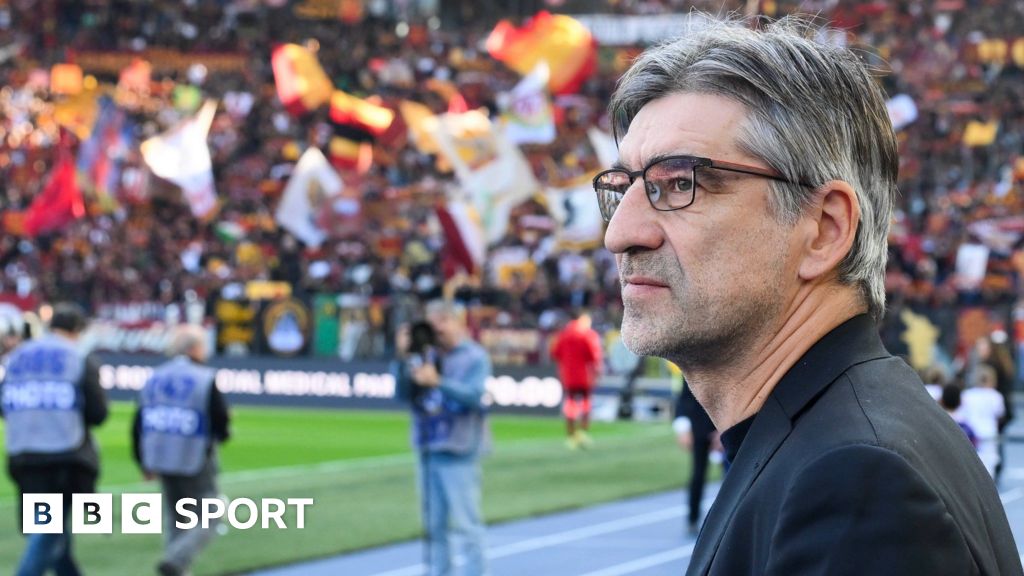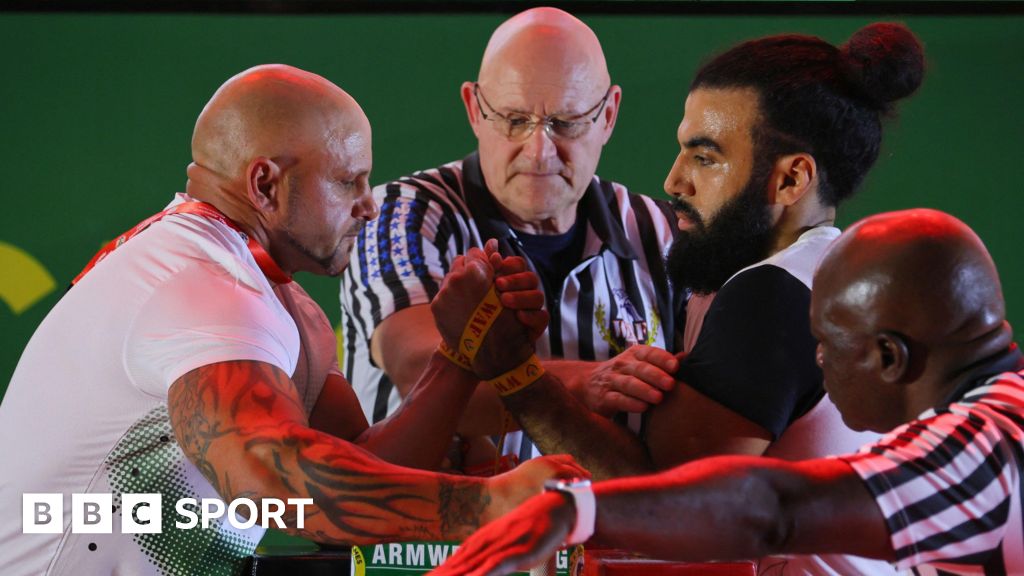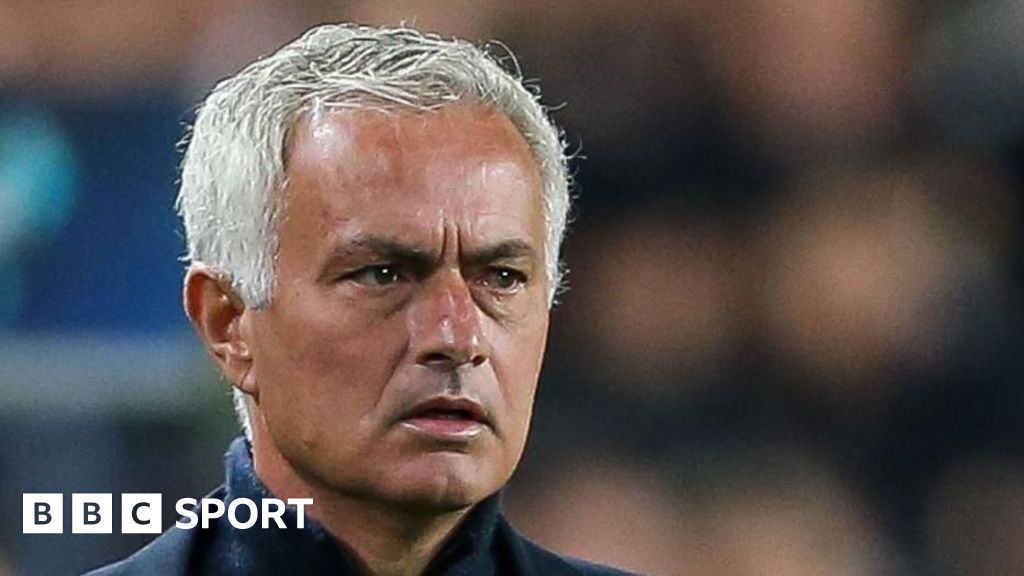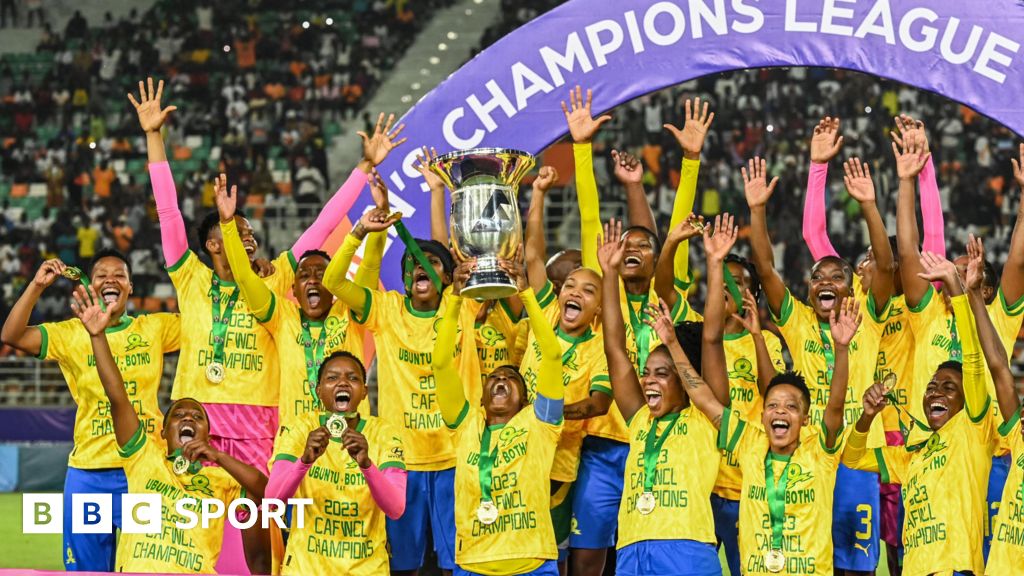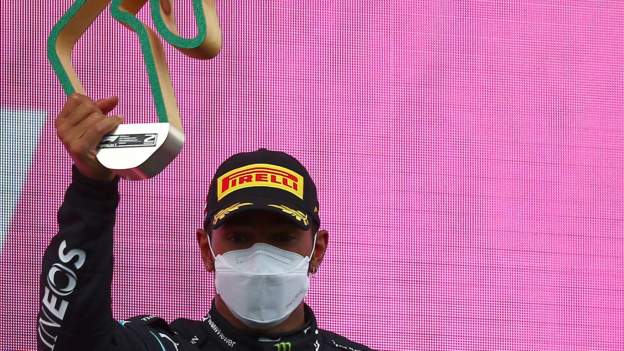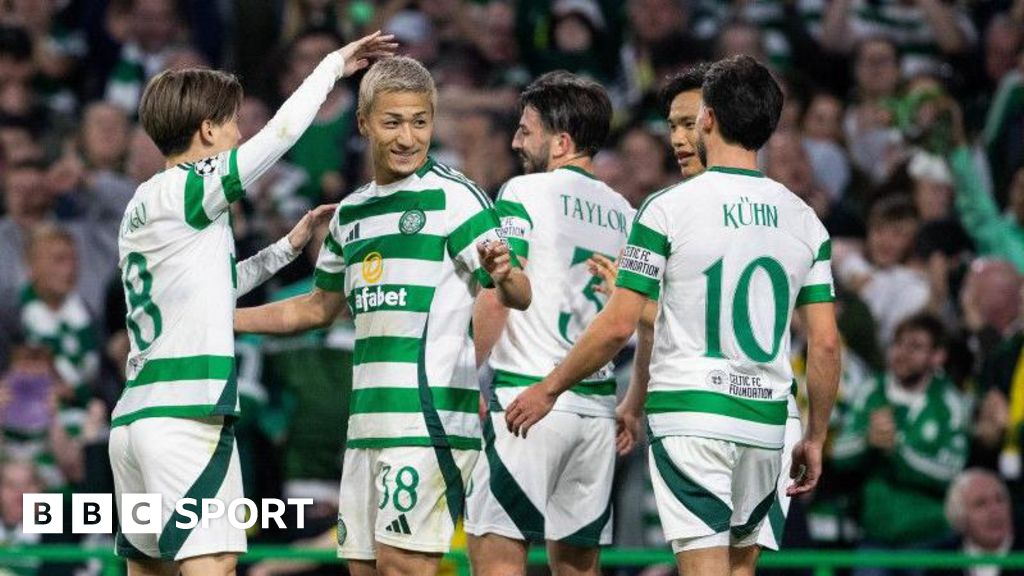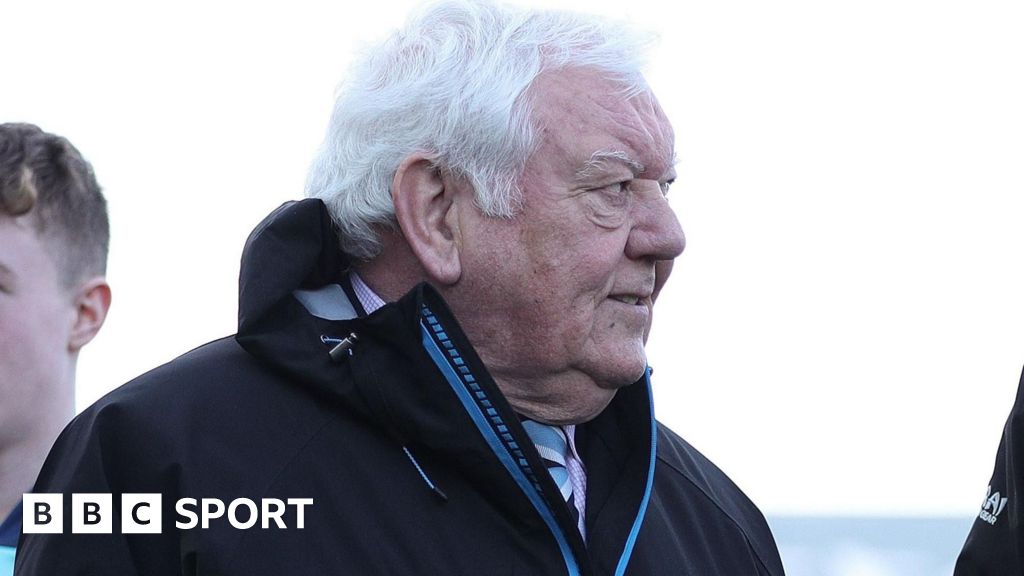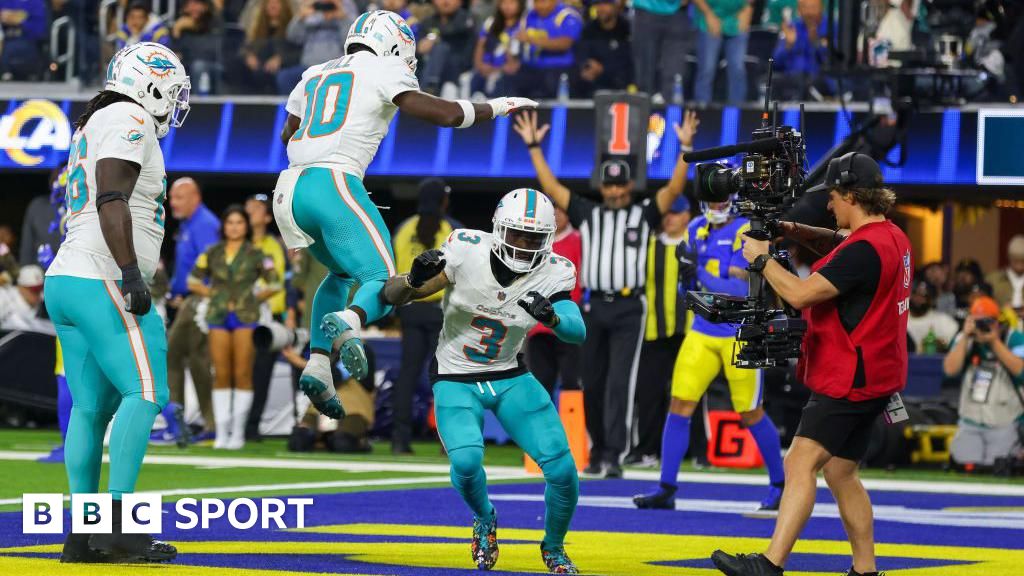Mercedes say they do have performance upgrades for their car as they seek to keep up with Red Bull in the world championship fight.
Team principal Toto Wolff said after the Styrian Grand Prix that the team had switched focus to their 2022 car.
Technical boss James Allison said: “We have a number of things that will make our car faster in the coming races. Let’s hope they prove sufficient.”
Allison said the upgrades would be both on the chassis and engine side.
And he said there was not a contradiction between Wolff’s remarks after the race and the reality of the team’s development programme.
Wolff had spoken a number of times over the weekend at the Red Bull Ring about Mercedes’ focus on 2022, and after the race he was asked whether he meant that there would be no more upgrades to the car in 2021.
His reply was: “That’s basically what I’m saying, yes.”
He went on to say that the new car philosophy introduced by a change of regulations next year in tandem with caps on budget and aerodynamic research and development meant “you’ve got to choose the right balance and pretty much everyone will be on next year’s car”.
Allison, speaking to the official F1 Nation podcast, said: “I don’t think the two things are at odds with each other and I don’t think Toto has said precisely that [there will be no more upgrades].
“What Toto points out is that next year’s rules are a big and hairy affair and they demand a huge amount of our attention.
“So most of the focus of our factory has switched over to next year, the performance discovery for next year, but that doesn’t mean there aren’t things still in the food chain from prior to that focus switch.
“And furthermore it isn’t all of the factory, and furthermore we are only one of two factories – there is also the power-unit factory and there is a little more to come from the PU.
“So there’s some more aerodynamic change in the offing, a little bit of PU we hope on the delivery side, and a few things that are not quite as tidy as we would wish that we still have the opportunity to put right while this season is still very much alive and hot.”
Max Verstappen’s victory at the Red Bull Ring on Sunday was his third in four races and the team’s fourth in a row. The Dutchman leads Mercedes driver Lewis Hamilton by 18 points going into this weekend’s Austrian Grand Prix on the same track.
The performance shift between Mercedes and Red Bull from 2020 to 2021 has been dramatic, despite teams being forced to carry over large parts of their cars from last year into this.
Mercedes dominated last season, winning 13 of the 17 races as Hamilton took a seventh world title.
This year, Red Bull have won five of the eight races, with Verstappen taking four victories and team-mate Sergio Perez one, and Hamilton three for Mercedes.
Governing body the FIA introduced aerodynamic changes to the cars for this season in order to slow them down to put less strain on the tyres, which suffered a number of failures in 2020.
These appear to have affected Mercedes more than Red Bull, a situation that the world champions believe stems from the different aerodynamic design concepts employed by the two teams.
Allison said: “What has definitely been true is that ever since the rule changes that were introduced aerodynamically for looking after the tyres, we have found it hellishly hard to find the sort of performance gain rate that we did prior to those rules. So that has made our life trickier than we wished it to be.”

